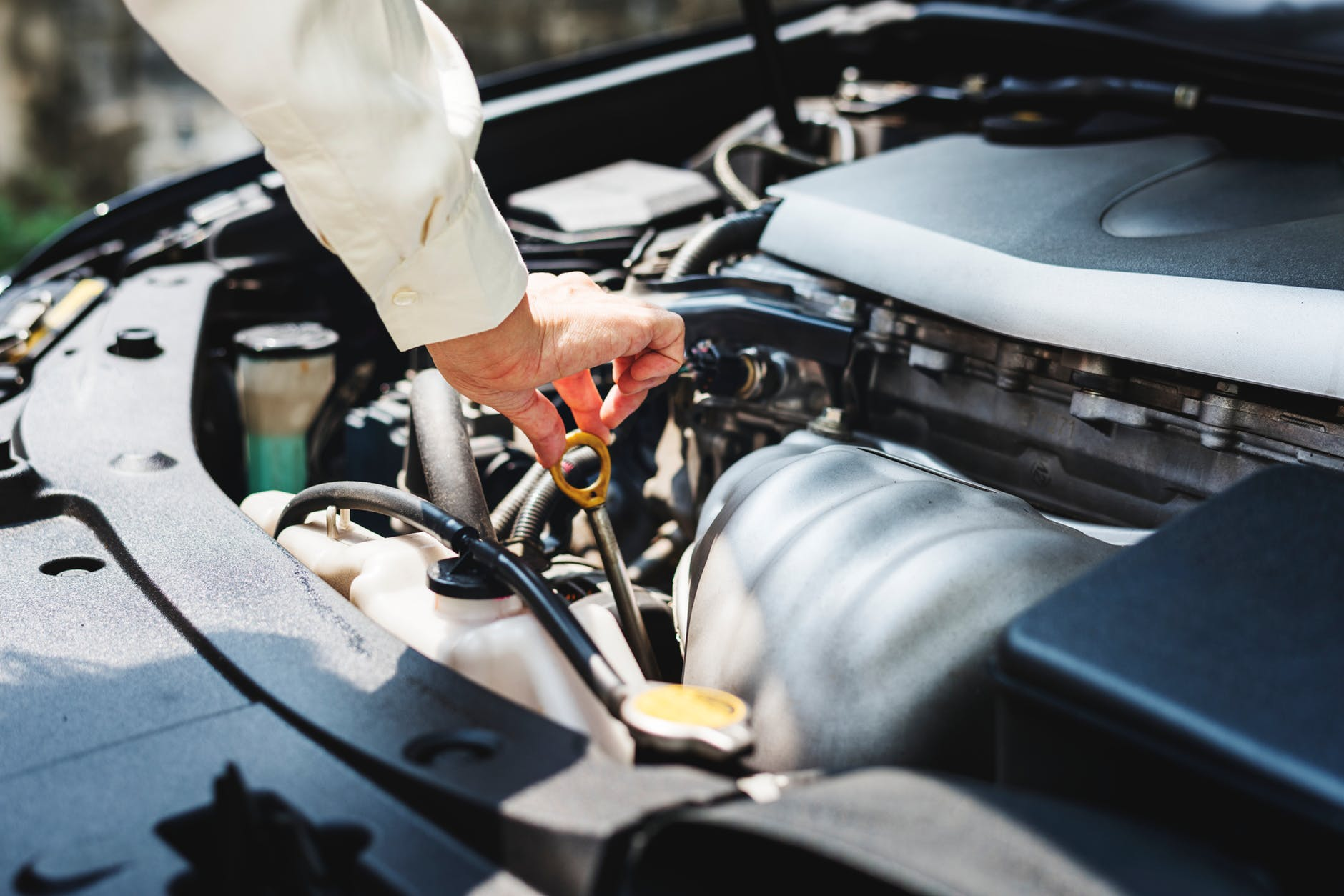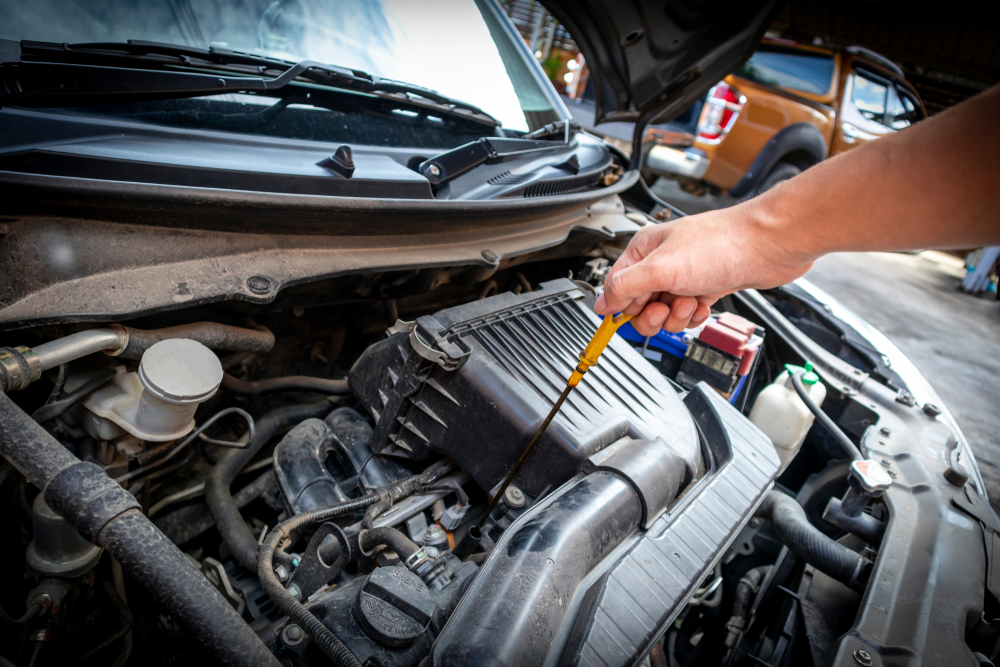There are certain parts of your car that are necessary, but there’s perhaps no part more necessary than your car’s engine. Therefore, it’s crucial that you tune into the health of your car’s engine, and have a good grasp on its longevity. Here are some tips for determining how much longer your car’s engine will last.
Take a look at your odometer
Most car engines on the road today as “designed to last well over 100,000 miles,” according to Your Mechanic. In most cases, if your car’s mileage is below 100,000, you are in the clear, and won’t have to worry about your engine suddenly dying on you.
However, your engine can be the exception to the rule if your car has an exceptional history of accidents, collisions, inconsistent service, repairs, or anything else that’s out of the ordinary.
Another mileage rule of thumb: if your mileage is over 200,000, you should be prepared for a major part to fail soon. This is the upper range of what’s healthy for a car’s maximum mileage, although you may be able to squeeze out some extra time and mileage past the 200,000 mark.
What’s your service history like?
Your car’s engine is going to last longer if you take good care of it. This means going into an auto-repair shop or dealership (like a Hyundai service center if you drive an Elantra) for routine and regular maintenance. Make sure you get needed repairs done as soon as possible to maximize engine life. And also, don’t make a habit of overloading your engine, as this will definitely take a toll.
Are any of your warning lights on?
The warning lights in your car are there for a reason – they are your car’s way of alerting you if something is off within the vehicle. If your “Check Engine” light happens to be on, then this could be a sign that your engine isn’t going to last much longer. Although it may not be as dire as that, the Check Engine light is never a warning light that should be ignored.
There are many different things that can trigger a Check Engine warning light, according to Grimmer Motors. Some of the most common reasons that your Check Engine light may come on include: the oxygen sensor or mass airflow sensor need to be replaces, the spark plugs are damaged, the catalytic converter is damaged, or, best-case scenario, the fuel cap isn’t on tight enough. These are some of the most common reasons that your car’s Check Engine light may come on, and they all have varying degrees of seriousness in how they should be addressed and what they mean for the overall health of your engine.
If your Check Engine light comes on, you’re better off taking your car into a mechanic, just to be safe.
Is your car performing out of the ordinary?
You drive your car frequently – in many cases, daily – so hopefully you are familiar with what’s “normal” and what’s not. If you start to notice your car performing out of the ordinary, then this could be a sign that something is wrong with your engine. For example, if you’re hearing any strange noises – specifically a knocking noise – then this could mean your engine is on its way out.
In addition, if your engine is running roughly, or if you’re hearing or feeling any stuttering as you’re driving, these are also signs that you should get your engine checked out as soon as possible.
There’s no hard and fast rule to determine exactly how long your car’s engine will last, but if you familiarize yourself with these general numbers, and pay close attention to the health of your vehicle, then you will never be surprised. Do your due diligence to get to know your car inside and out, and take care of it consistently. This will give your engine the best chance of having a long and healthy life.







